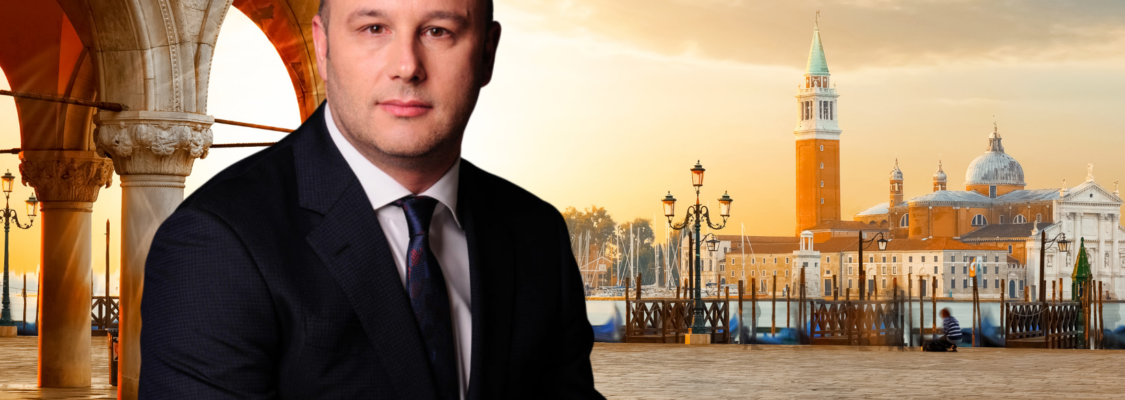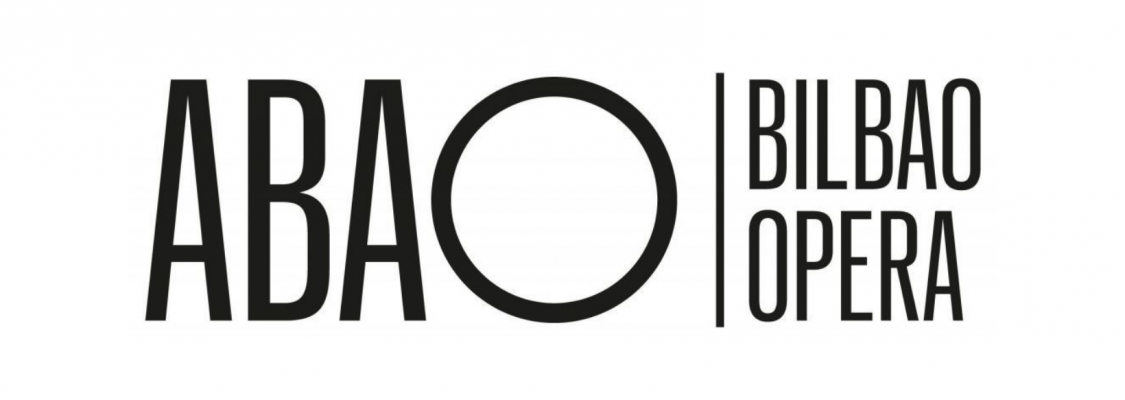It is a great pleasure to be back at the helm of the Orchestra del Teatro La Fenice for the two performances, on Saturday 5th and Sunday 6th February at the Teatro Malibran, of this programme which is part of the 2021-2022 concert season. I am a frequent guest for opera productions at La Fenice and have been looking forward with great pleasure to taking on works from the symphonic repertoire, conducting this orchestra that I know well in the Robert Schumann Symphony no. 3 in E flat major op. 97 (the ‘Rhenish’ Symphony) and the Fryderyk Chopin Concerto no. 1 in E minor for piano and orchestra op. 11 with young pianist Elia Cecino.
Composed in 1830, Chopin wrote his Concerto no. 1 when he was just twenty years old and already showing his genius and it oozes with extraordinary creativity, exceptional expressive energy and a sonorous beauty that stems from the balance between creative freedom and expressive soundness.
The Third Symphony in E flat major op. 97 by Robert Schumann belongs to the final period of his work, at a time of creative verve following his move to Düsseldorf, where he had accepted the post of concert music director in 1850. Schumann himself conducted its first performance there on 6th February 1851. Coming several years after the greatly tormented, feverish, visionary Second Symphony, the Third Symphony is profoundly different in nature, and this is usually associated with the short-lived happiness of his early months in Düsseldorf. The name Rhenish comes not from Schumann, but from the testimony of Joseph Wilhelm von Wasielewski, his first biographer and assistant in Düsseldorf. According to Wasielewski, Schumann had come up with some strikingly evocative titles for two of the central movements; but he removed them, so as to prevent them from being seen as ‘programmes’ in their own right. Aside from the removal of the titles, the character, the poetic idea, the Stimmung of the Third Symphony are connected to Schumann’s Germanism, to the romantic cult of the German homeland and to one of the key elements of that cult, the ‘religion of the Rhine’: the Rhine as landscape of the soul, as a legend that unites historical memories, artistic traditions and the mystical, poetic experience of nature’s splendour. In a word, our concert will be an in-depth immersion in the purest Romanticism of Chopin and of Schumann.


